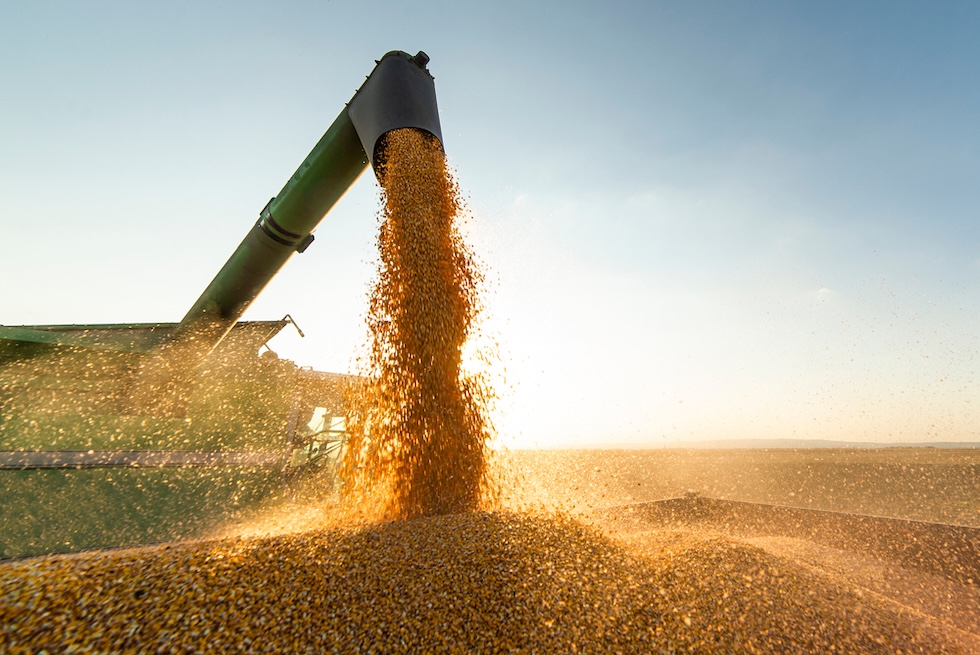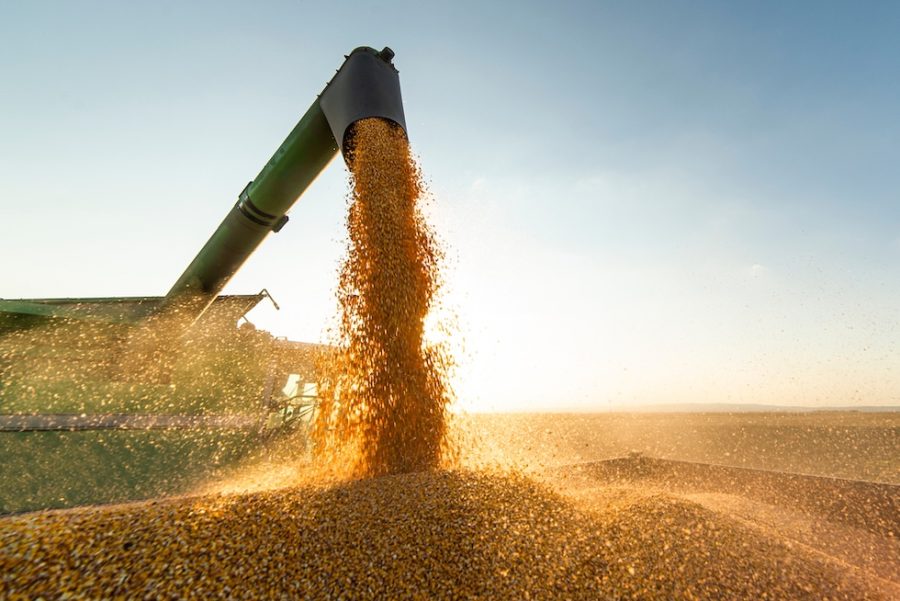A bumper harvest of Brazilian soybeans finds a welcome market in China, which has been importing record amounts.
China, the world’s second largest consumer of soybeans, is expected to import 112 million tonnes of the oilseed in the 2025 to 2026 marketing year, reports Reuters. July marks the second consecutive month of monthly record-breaking imports of soybeans, an analysis of customs data compiled by Reuters showing China imported 11.67 million tonnes last month. That’s an increase of 18.5 percent over last July and well above the forecasted 10.48 million tonnes.
June was no different, with Chinese imports up 10 percent from the same month last year to 12.26 million tonnes, a record for the month. Such high volumes of purchases are possible thanks to a bumper harvest in Brazil.
[See more: Portugal is being hit hard by the trade deal struck between the EU and the US]
Brazil, the top soybean exporter globally, sold 16.9 million tonnes of soybeans to China in the first quarter of 2025, according to data from the Brazilian Ministry of Development, Industry, and Trade. This marked a nearly 7-percent increase in soybean exports to China, up from 15.8 million tonnes during the same period in 2024. The 2025-26 soybean crop in Brazil is projected to reach 176 million tonnes, up around 2 percent, according to US Department of Agriculture data.
Rosa Wang, an analyst at Shanghai-based agribusiness consulting JCI, told Reuters that stronger soybean imports suggest the Chinese market is “preparing for potential uncertainties” around trade with the US, the second-largest supplier globally. She expects imports to remain above 10 million tonnes in August and September.
Most of that volume is expected to come from Brazil, Wan Chengzhi, an analyst at Capital Jingdu Futures, told the news agency. The large harvest is expected to allow supplies to remain at high levels into the fourth quarter, Wan explained, longer than in previous years. China has yet to book any shipments of US soybeans for the fourth quarter, as buyers wait to see how US President Donald Trump’s trade war plays out.






